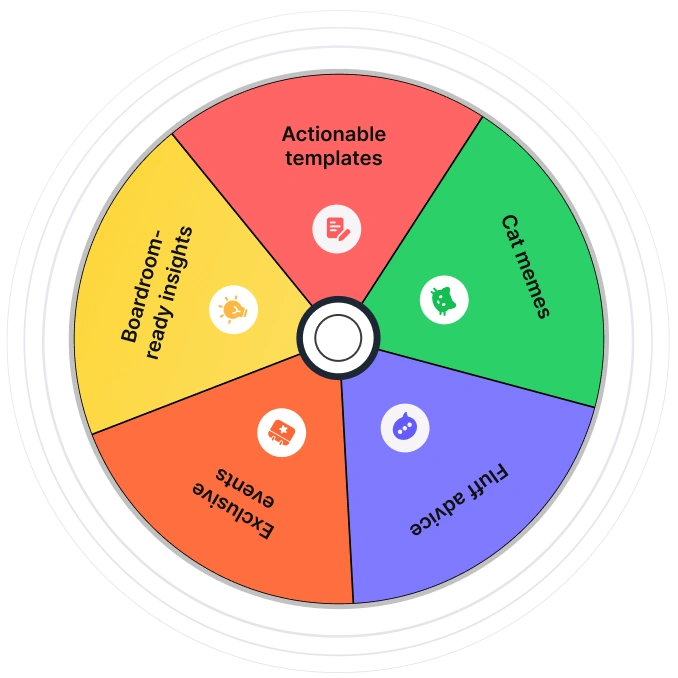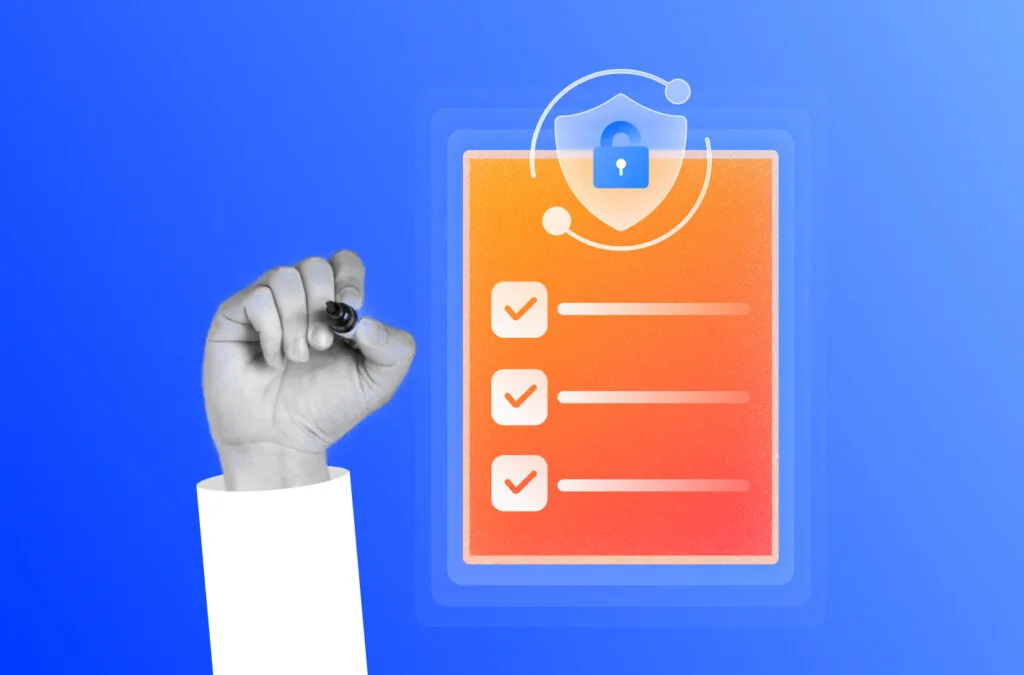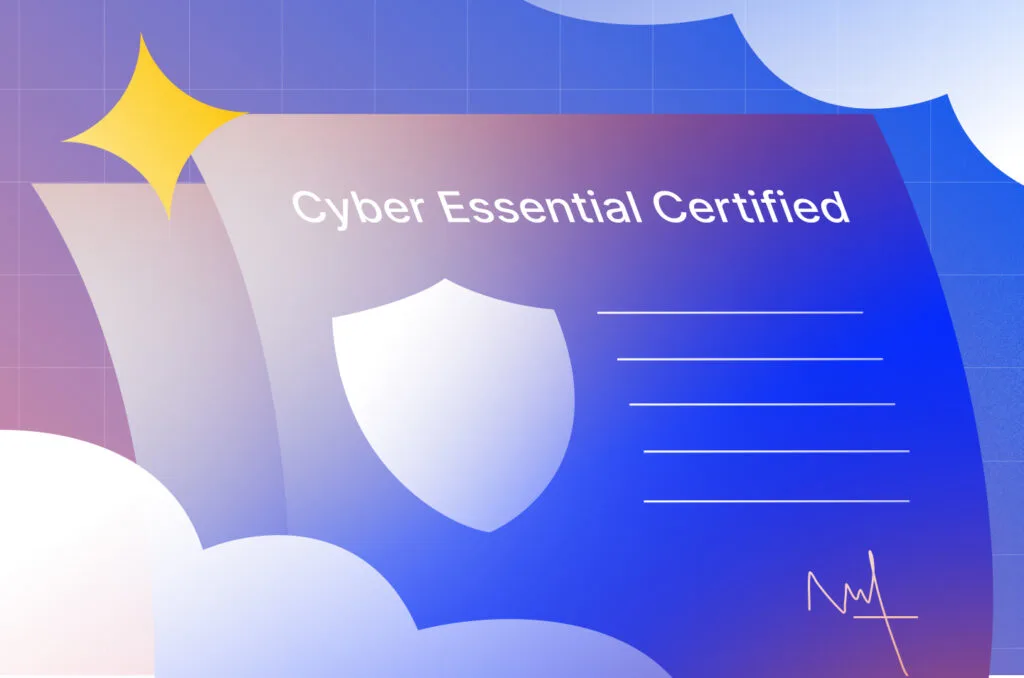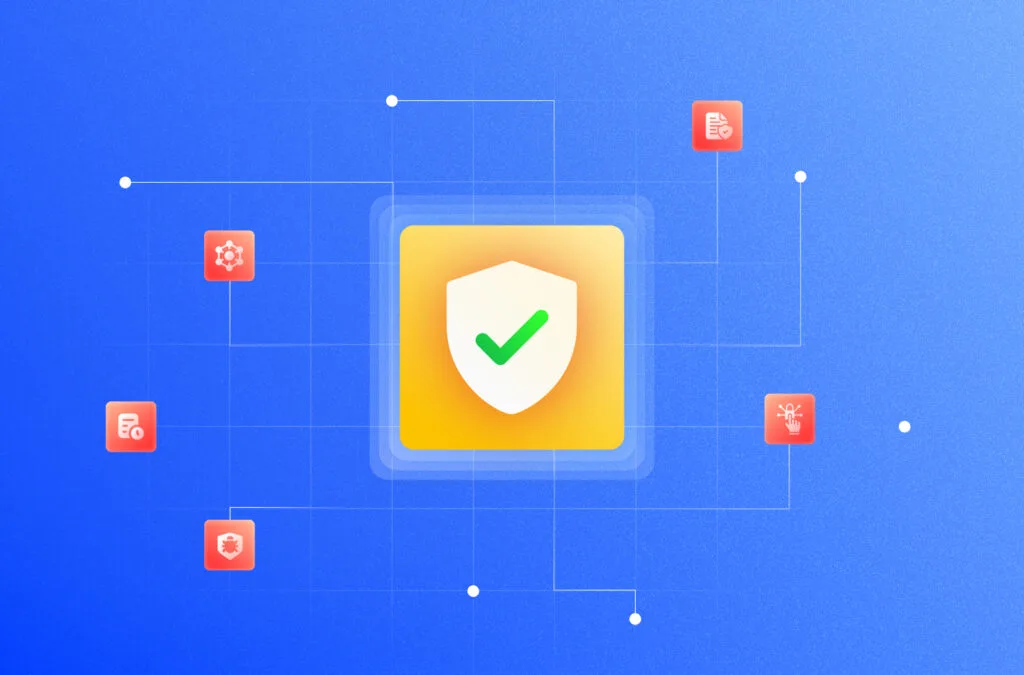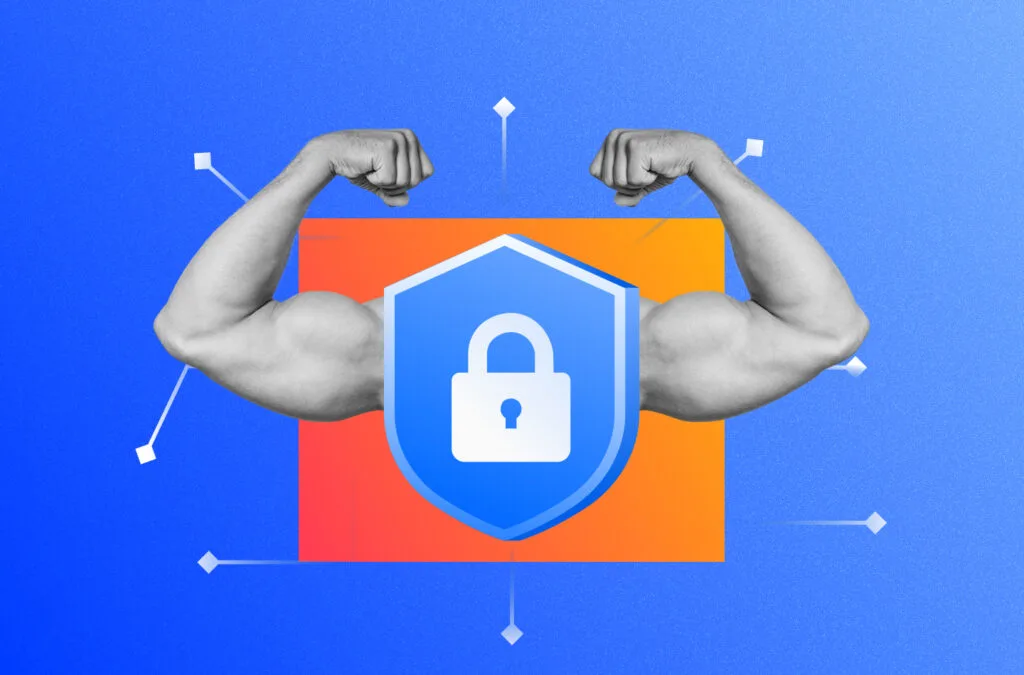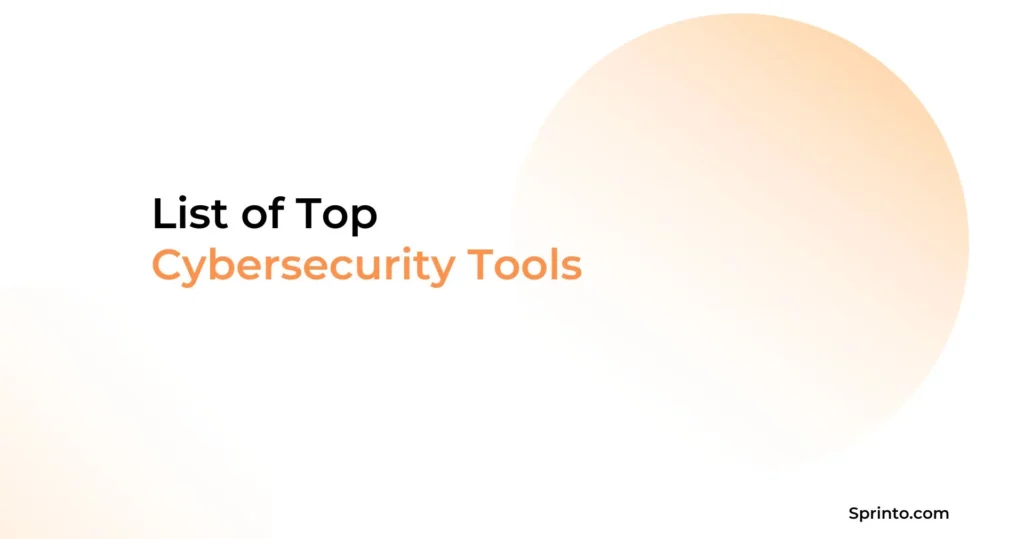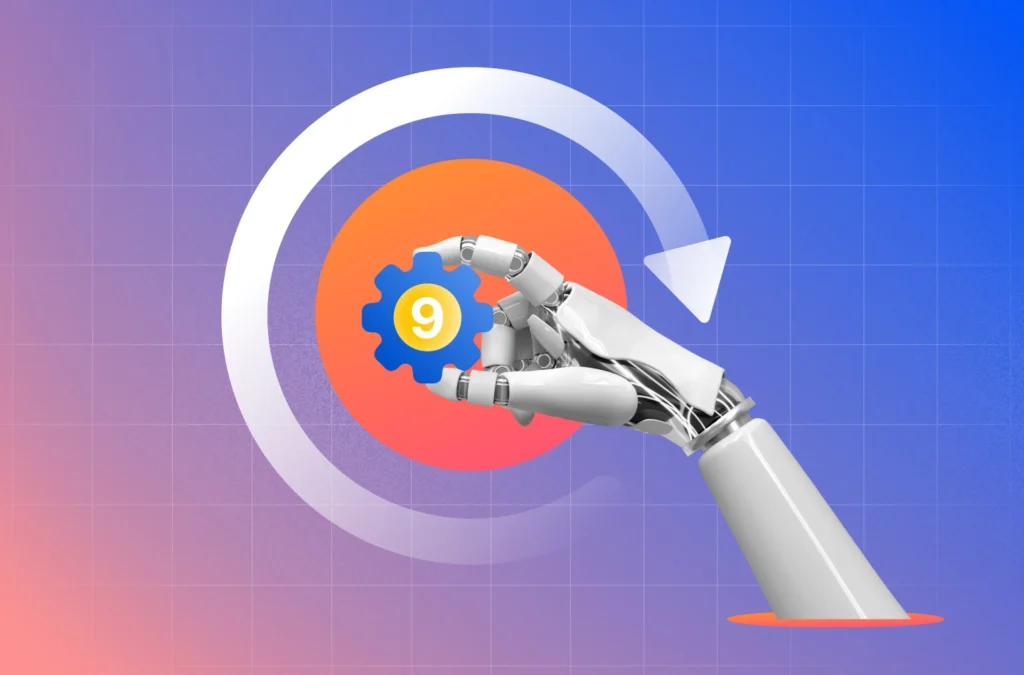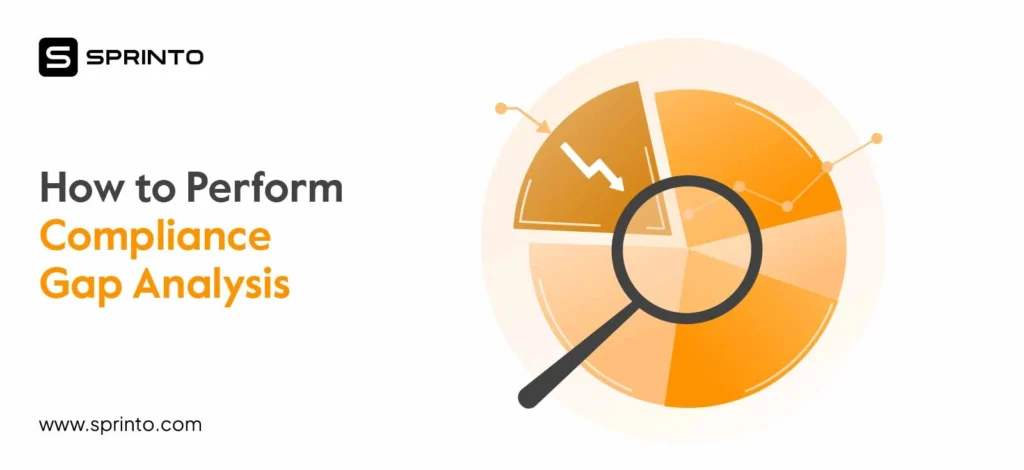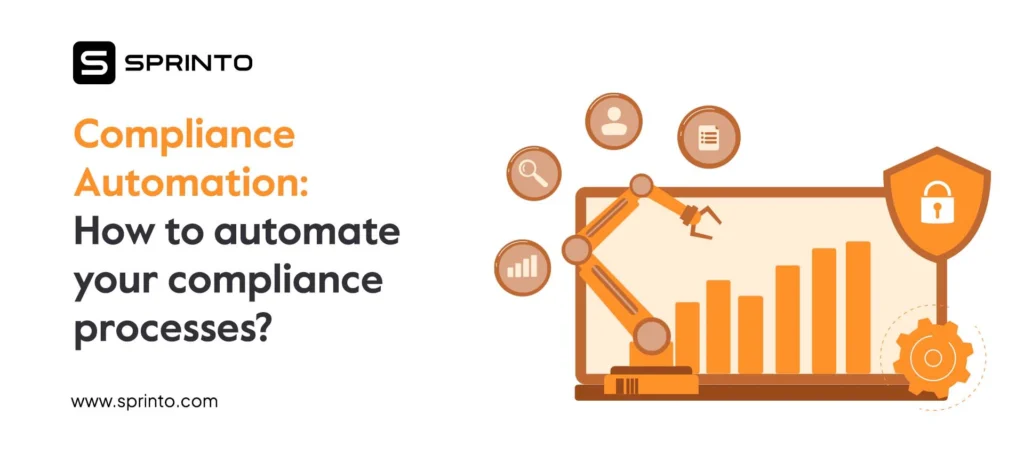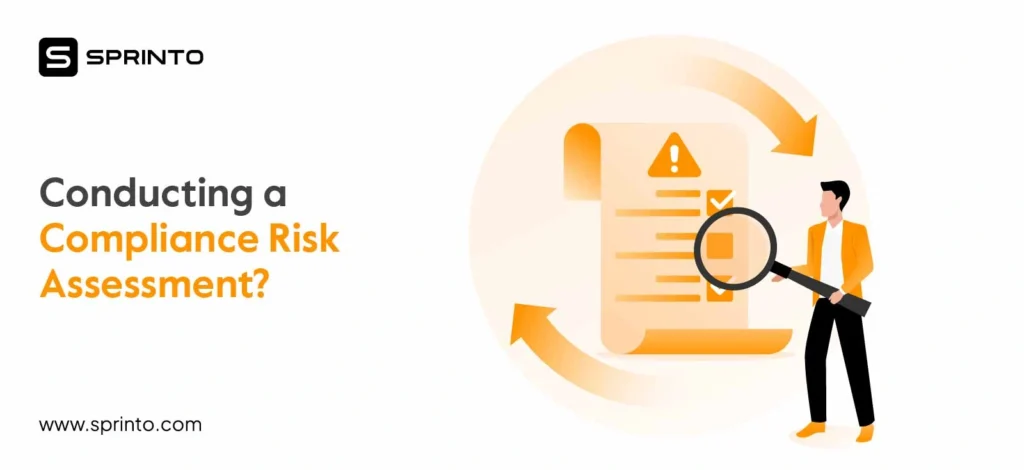Did you know that humans collectively produce about 2.5 quintillion bytes of data every day? Now that’s ASTØNISHING!
But is this data safe?
Not really; if you don’t keep your data safe, it could lead to countless data breaches and harm the responsible individuals who never signed up for this to happen.
That’s why it’s important to understand what data privacy entails. By the end of this article, you will know the importance of data privacy, the benefits of data privacy, and tips to follow.
Key takeaways
- The importance of data privacy stems from the fact that the online information you share for services is very sensitive.
- Data privacy helps people balance control over how their personal information is shared or distributed.
- How your company can suffer when a data breach hits
What is data privacy?
Data privacy is the process of empowering individuals by helping them gain control over how their personal information—such as names, locations, and behaviors—is collected, used, and shared. Personal information sensitive details pertaining to identity, location, habits, online, or offline interactions.
Boundaries play a key role in data privacy. For instance, a non-disclosure agreement sets limits on the kind of data sharing (albeit under specific situations). These layers of control help safeguard personal information in the digital and physical worlds.
Checkout: What Is Data Compliance And How Do We Implement It?
Ace continuous compliance with Sprinto
Why is data privacy important?
Data privacy matters because it protects personal integrity, builds trust in digital interactions, and defends the fundamental rights of individuals in a world that relies heavily on data.
Data privacy is essential because it allows individuals to decide how their personal information is shared, protecting them from exploitation, unauthorized access, and misuse. It’s about more than just security—it’s about respecting people’s boundaries in a world where personal data fuels decisions, businesses, participation, and even societal trends.
For businesses and governments, prioritizing data privacy signals a commitment to fairness and accountability. Companies that protect customer data earn trust and loyalty, while governments play a crucial role in upholding these rights for citizens. It’s a shared responsibility that impacts everyone, shaping how we interact and engage in an increasingly connected world.
Here is why data privacy is important:

1. Dire financial consequences
When a data breach happens, it can hit your company hard in the wallet. Dealing with a breach can be expensive, involving investigations, fixing the mess, and maybe even going to court.
Plus, it’s not just the upfront costs – a breach without protection law can also mean less money coming in, slower work, and higher insurance bills.
2. Helps you comply with applicable data privacy laws
Data privacy laws can be a maze, but here’s the deal: they often safeguard people in a specific region but apply to companies everywhere under certain conditions. Your business might have to deal with laws like GDPR or CCPA depending on where you operate.
3. Helps gain the trust of the customer
Trust is a big deal, and that’s a no-brainer. Tech companies like Apple have built an empire around this protection regulation, and you know it.
So this is why it’s no surprise that when you make privacy a part of your deal or are upfront about handling data, you tend to win more trust and maintain better relationships with your customers.
Whenever there are privacy requests from customers, make sure to address them on priority as a part of regulatory requirements like CCPA or European Union GDPR. This will help you steer clear of any privacy concerns or legal implications.
4. Good data management
When you manage data well with privacy principles, you can make customers happier and give better support.
Key questions to shape your data management strategy:
- What are your specific objectives, and what problems will your strategy solve?
- Assess your company’s data skills and knowledge.
- How will you integrate and streamline data silos?
- Is real-time data essential for your operations?
- Determine the value of your data, such as the worth of an email address
- What are the basic steps you’re willing to take?
Elevate your Data Management with Sprinto’s continuous compliance
What laws ensure data privacy
Several laws and regulations around the world are designed to ensure data privacy by setting standards for how personal information is collected, processed, and shared. Here are some key examples:
GDPR
The GDPR, implemented in 2018, is a landmark regulation in the European Union, setting a global benchmark for data privacy. It empowers individuals with rights like accessing, correcting, and erasing their data while requiring businesses to process data transparently and lawfully. Non-compliance can lead to hefty fines—up to €20 million or 4% of global revenue. GDPR’s principles, such as data minimization and accountability, ensure companies handle personal information responsibly, fostering trust between businesses and users.
HIPAA
HIPAA, established in 1996 in the United States, is a cornerstone of healthcare privacy. It protects sensitive patient information by requiring healthcare providers, insurers, and their partners to follow stringent data security measures. The law ensures that patients’ medical records and personal health data remain confidential while enabling secure sharing for legitimate medical purposes. Violations can lead to significant penalties and loss of trust in healthcare institutions.
Also, the HIPAA rule outlines the standards such as the healthcare provider’s fundamental right to block access to PHI, patient rights to obtain PHI or personal details, the content of privacy practice notices, and the use of disclosure online forms.
All your employees must undergo security training annually on these policies and procedures and document the training. This way, everyone understands and follows the privacy compliance rules.
CCPA
The CCPA, introduced in 2020, gives California residents greater control over their personal information. It allows individuals to know what data is collected about them, request its deletion, and opt out of its sale to third parties. The California Privacy Rights Act (CPRA), an update effective in 2023, builds on the CCPA, introducing stricter requirements for handling sensitive data and creating a dedicated enforcement agency. Together, these laws have paved the way for broader U.S. data privacy discussions.
Also, read: Data Privacy Week in 2025
Steps you can take to ensure data privacy in your organization
To protect the data that sits in your system, here are some steps you can take to ensure the privacy of the same:
Map your data
Understanding the personal data your organization collects is the first step to ensuring its protection. Identify the types of data you collect, the purpose for collecting it, and where it’s stored. This includes mapping data flows, such as how data is transferred between systems and shared with third parties.
Limit data collection
Only collect data that is essential for your business operations. Avoid gathering excessive or unnecessary information, as it increases storage costs and security risks. For example, if certain demographic data is not crucial for your processes, omit it from your collection practices.
Control access
Restrict access to sensitive data based on the principle of least privilege. Ensure that only authorized personnel, based on their job roles, can access the data they need. Implement robust access controls, such as strong password policies and multi-factor authentication, to prevent unauthorized access.
Encrypt everything
Encryption is a vital layer of security for sensitive data, ensuring it remains protected during storage and transmission. Use strong encryption standards, such as AES-256, to safeguard data from potential breaches. Encrypt not only files and databases but also communication channels like emails and APIs.
Update policies
Regularly review and update your privacy policies to ensure they remain compliant with the latest regulations. Make them clear and transparent so customers and employees understand how their data is used, stored, and protected.
Audit regularly
Conduct periodic audits to evaluate the effectiveness of your data privacy measures. These audits should identify vulnerabilities, gaps in compliance, and areas for improvement. Use the findings to implement corrective actions.
Breeze past your audits with Sprinto
Check vendors
Before sharing data with third-party vendors or partners, verify that they meet your organization’s data security and privacy standards. This includes reviewing their compliance certifications, conducting risk assessments, and establishing data protection agreements.
Data privacy vs Data security
Data privacy focuses on defining who has the right to access information and ensuring it’s used appropriately, while data security focuses on protecting information from unauthorized access, breaches, or threats.
| Data Privacy | Data Security |
| Data privacy is about the control people have over their information. This includes how data is handled, focusing on getting consent, providing notice, and meeting regulatory obligations. | Data security involves setting up basic cybersecurity measures to keep data safe from unauthorized access, changes, or damage. |
| Ensuring people’s data rights and processing personal information legally, fairly, and transparently. It is also about keeping things secure and respectful against personal data breaches. | Keeping data safe involves safeguarding it from unauthorized access, whether they’re external cyber threats or internal risks. |
Types of data privacy
Privacy rights take different forms, each crucial in safeguarding personal information. Types of data privacy help you satisfy legal obligations and loss prevention.
Here is the list of data privacy types you must know:
1. Online Privacy
A recent survey by AnchorFree, reveals that 95 percent of Americans are worried about businesses collecting and selling their personal information without permission.
Online privacy, as defined, is the traditional data protection individuals get while connected to the Internet. It includes the security of personal and financial data, communications, and preferences.
This has major undertones with the rise of online activities; consumers are constantly sharing information, making purchases, and using various connected devices.
They willingly share preferences on social media and search sites. However, tech companies, device manufacturers, apps, internet connection operators, and mobile operators collect this flood of customer data for use or to be sold to other businesses.
This growing connectivity has heightened people’s concerns about online privacy compliance and legal consequences.
Also checkout: Three tips for avoiding the consequences of non-compliance
2. Residential information privacy
This pertains to a citizen’s residence and cost of living details. If your company somehow collects any personal property information of the clients, make sure to put in enough security measures to keep it safe and confidential.
3. Medical privacy
Protecting a user’s medical records is paramount. It should remain confidential. Maintaining doctor-patient confidentiality is essential to uphold medical privacy policies. It is a part of very strict compliance requirements called HIPAA.
4. Financial privacy
Financial companies who collect information from websites or organizations should store and protect it securely. Mishandling this data without applicable regulations can lead to consequences for companies, like credit card fraud by hackers.
Benefits of data privacy
Aside from the fact that data privacy helps you stay on the good side of the law, here are some other benefits:
- Builds trust and loyalty:
When customers feel confident that their data is safe, they’re more likely to engage with your brand. Transparent privacy practices not only retain existing customers but also attract new ones, fostering long-term loyalty. - Reduces risks of breaches and penalties:
Data breaches can lead to financial losses, legal repercussions, and reputational damage. Strong data privacy measures help minimize these risks, ensuring compliance with laws like GDPR and CCPA to avoid hefty fines. - Strengthens brand reputation:
Businesses that prioritize data privacy earn a reputation for being ethical and responsible. This can act as a competitive advantage in a marketplace where consumers are increasingly privacy-conscious. - Improves operational efficiency:
By adopting privacy best practices, organizations often streamline their data management processes, reducing clutter and improving decision-making. A privacy-first approach can also highlight inefficiencies in data collection and storage. - Drives compliance and global reach:
Complying with privacy regulations doesn’t just reduce legal risks—it also opens doors to operate in markets with strict laws, expanding your business opportunities.
While there are benefits, complying with regulations and ensuring the safety of your data is no easy feat.
Challenges of data privacy
With different countries enforcing varying laws like GDPR in Europe, CCPA in California, and PDPA in Singapore, staying compliant can feel like chasing a moving target. The sheer volume of rules to track makes global operations particularly challenging.
Organizations also tend to rely on third-party vendors, and ensuring these partners meet your privacy standards can be difficult. A single vendor’s lapse in security can expose your organization to significant risks.
Companies often use data to drive personalization, AI development, and analytics. Striking a balance between leveraging data for innovation and protecting individual privacy requires careful planning and execution.
Even with the best systems in place, human error remains a significant vulnerability. Employees who lack proper training can inadvertently cause breaches or fail to follow privacy protocols.
What’s Next?
Prioritizing your customers sets you apart from other cloud service providers. It means respecting their data and offering control over its usage through proper protection laws. When you weave data privacy into your brand strategy, you establish your brand as trustworthy and transparent. This enhances your brand’s reputation and legal compliance.
In this article, we discussed the benefits of data privacy rights; however, more than managing privacy alone is needed. You need to employ powerful automation and privacy procedures to track updates and changes.
This is where Sprinto comes in. Sprinto is a compliance automation platform built for cloud services that helps you with compliance and safeguards your customer privacy by default.
Sprinto deploys continuous monitoring measures and common control mapping with automated evidence collection.
If anything is missing, Sprinto immediately alerts you and sends a notification to be addressed promptly for business continuity.
FAQs
1. Why should you keep personal information private?
Your personal information is a gold mine for malicious hackers as they can sell it for mo. This is why it is imperative to keep your personal information or information related to clients private.
2. What are the effects of no privacy?
The effects of no consumer privacy will be very dangerous. Modern businesses can suffer a lot from this. So, it’s always better to keep data privacy in high regard.
3. Why is data privacy an ethical issue?
Data privacy is an ethical issue because, according to the digital ethics of privacy principles, you must adhere to an individual’s wishes about using their data (like selling or distributing it). This is why it can become an ethical issue.
4. How could data be misused?
Data could be misused in several ways, spanning from advertising, blackmail, or even constant surveillance. This is why traditional data protection policies exist with proper collection limitations on personal data collection.
Meeba Gracy
Meeba, an ISC2-certified cybersecurity specialist, passionately decodes and delivers impactful content on compliance and complex digital security matters. Adept at transforming intricate concepts into accessible insights, she’s committed to enlightening readers. Off the clock, she can be found with her nose in the latest thriller novel or exploring new haunts in the city.
Explore more
research & insights curated to help you earn a seat at the table.






